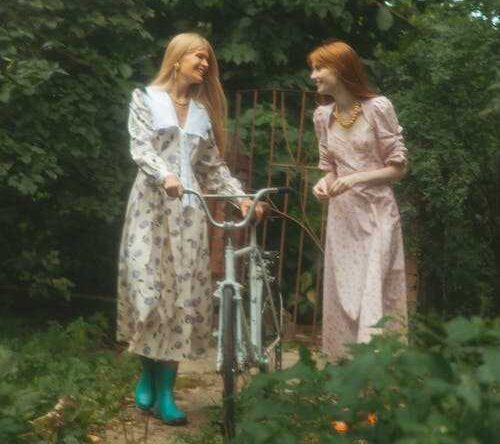Phrases that are spread by oral tradition, are known to almost everyone in Hungary, and are not very long, are called proverbs. Their content is usually not without philosophical depths, and their main themes include morality, moral issues and philosophical reflections on various life situations. Their knowledge is not linked to age, gender or social class; they are used by everyone in everyday life. They are concise, often in a lofty style, and rhyming is not far away. A group of proverbs are called maxims, which are words of wisdom that express general truths about a situation in life, general truths about society. One such maxim is “Stretch till your blanket is full”, which means that no one should live a frivolous, wasteful life, living on what they have.
Sayings are also passed on by word of mouth, and can be phrases or sentences. They have a less instructive purpose than proverbs, and their tone is more direct in expressing an opinion about the event they are explaining. They are derived from experiences and observations relating to peasant life, health, weather, and give advice or judgements on these matters, in a brief, pithy way. Three broad categories can be distinguished according to their content: rules on farming, weather and health. Farming sayings are expressions of experiences that have developed over a long period of time and relate to animal husbandry and agriculture. I would like to add here that many of the sayings have a metaphorical meaning.
Proverbs about the weather also encapsulate the many experiences of long ago. The observation of the weather was necessary for the peasant man to produce, and so these impressions are contained in the proverbs that fall into this category. They can also be linked to significant days, for example, “Black Christmas, white Easter”, meaning that if there is no snow at Christmas, winter is likely to be prolonged and Easter will be snowy.
Observations from folk medicine are included in sayings about health. Here, too, there are both concrete and figurative phrases and expressions. As an example, I would like to cite the saying “A little dinner is a good night”, the meaning of which, if we examine it, reminds us not to fill up at dinner, because then we can sleep much better.
A type of saying not mentioned above is the proverbial taunt, which is also a short but mocking remark, ridiculing silly, incorrect, aimless behaviour, or even religion or nationality.
Hungarian proverbs and sayings are still present in the Hungarian language today, they are widely known and used by young and old alike. It is usually difficult or impossible to explain their meaning to speakers of a foreign language, precisely because of their figurative meaning.
Dóra Horváth
Source: https://www.arcanum.com/hu/online-kiadvanyok/MagyarNeprajz-magyar-neprajz-2/v-magyar-nepkolteszet-63D6/kozmondas-es-szolas-proverbium-6ABE/fajtai-6B13/

